Patient Care Technician
Basic Life Support (BLS)
On-Site Computer Classes
Green Activities
Emergency Management Certificate
Zumba
Related Links
Bookstore
Department of Consumer Protection
Department of Environmental Protection
Department of Public Health
Directions
HealthCare Careers
Refund Policy
Adventures in Lifelong Learning
Services for Students with Disabilities
Workforce and Community Education
Where Learning Works!
Patient Care Technician (PCT) – WIA Approved and Scholarship Eligible
Program Description
This program teaches age-appropriate patient care that includes assisting patients with activities of daily living; monitoring vital signs; applying respiratory therapy equipment; collecting specimens; maintaining skin integrity through application of soaks; simple dressing changes; colostomy, ileostomy and decubitus care ; removing Foley catheters and peripheral I.V.’s; application of DynaMap and pulse oximetry; obtaining capillary blood glucose results and continuously observing patient for behavorial or safety reasons.
- Provides physical and psychosocial support to patients.
- Reports changes in patient condition to RN supervisor.
- Records selected patient information in medical records.
- Communicates effectively and cooperates with other team members to ensure continuity of care.
- Responsibilities may vary slightly depending on assigned shift.
Topics Include:
Infection Control
Wound Care
Ostomy Care
Catheter & Specimen Care
Respiratory Procedures
Documentation
Prerequisites:
- Copy of State of CT C.N.A. license with at least three months full-time work experience as a CNA (College will verify with your employer)
- If born after 12/31/1956; Must provide proof of 2-measles/1-rubella immunization or titer results
- TB (PPD) test results read within the last 12 months
PLEASE NOTE:
It is mandatory that you provide all necessary forms with your registration. A seat will not be held until all of your documentation and payment are received. Registrations will be denied without prerequisites.
Patient Care Technician Brochure
 Salary* $28,000 – $35,000
Salary* $28,000 – $35,000
Resource:U.S. Bureau of Labor *estimated
Career Description + Lifestyle
A Patient Care Technician (PCT) is supervised by a registered nurse and functions as a direct caregiver and member of the patient care team and work along side doctors, nurses and other healthcare professionals. The PCT assists patients with many tasks that they can not do for themselves while they are in hospitals, rehabilitation clinics, assisted living facilities, nursing homes or long-term care facilities. PCTs are an important factor in patient recovery, because their close contact with the patient allows them to monitor developing signs of distress.
 TRCC EXTRANET
TRCC EXTRANET




